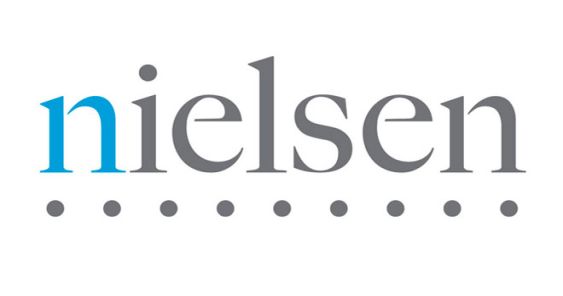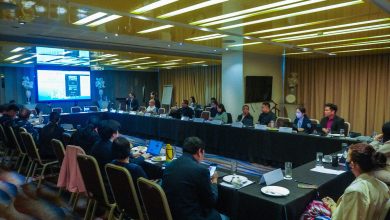MANILA – Filipino consumers are leading increasingly hectic lives, leading them to demand convenient solutions that can help simplify their lives. This behavior is consistent with the global trend that is now greatly influencing consumption and buying habits, according to a new report by performance management company, Nielsen.
The Nielsen Quest for Convenience Report, which explores changing global consumer needs, highlights rapidly growing demand for convenience in markets around the world. Among consumers around the world, Filipinos are one of the most active seekers of convenience with close to two in five of consumers searching out products which are convenient to use (38%) and which make their life easier (32%) , while more than a quarter of consumers are looking for products which are suitable for small households (27%) and are tailored to a specific need (23%).
The report further reveals six key factors driving consumers’ increasing need for convenience which are consistent globally:
● Urbanization
● Shrinking household sizes
● Crowded urban transport
● Evolving gender roles
● Generational needs
● Increasing uptake of technology
These drivers of convenience, and increasing demand for products and solutions which help to simplify lifestyles, are having an impact across myriad industries, particularly the highly consumer-dependent FMCG sector. The Nielsen report illustrates consumers’ grocery and packaged goods product choices are underpinned by their experiences in three areas: shopping, consumption and brand engagement.
“Today, convenience transcends products, services and store channels. Packaging, preparation, storage, portability, disposal, ordering, replenishment and fulfilment, as well as device, payment and application technologies are all key considerations in providing an overall convenience experience, “ says John Patrick Cua, managing director of Nielsen in the Philippines.
The growing demand for convenience has given rise to time- and energy-saving products and services such as ready prepared and on-the-go meal solutions, home or office grocery delivery offerings, and tech-driven “on-demand” services. In the Philippines, more than a quarter of respondents (28% ) claim that they use restaurant or meal delivery services. Dining out in quick-service or fast food and casual dining restaurants are likewise on the rise with more than three in four (77%) and close to half (46%) of Filipino respondents saying that they have visited a fast food outlet and a casual dining restaurant respectively in the past six months. Lunch and dinner are the meals most likely to be substituted with out-of-home dining options, with 38% of Filipino online consumers opting to eat outside on a weekly basis.
Shopping experiences for global consumers are driven by an evolving retail landscape, e-commerce and omnichannel facilities. A Nielsen e-commerce study across 30 countries indicates FMCG online sales are growing an estimated five times faster than offline sales, and by 2020 global FMCG e-commerce will be worth more than US$400 billion and comprise 10%-12% of overall FMCG market share.
Mobile devices and digital platforms are also shaping consumer experiences, and transforming brand-to-consumer engagement. More than eight in 10 of Filipino consumers (84%) say they enjoy the freedom of being connected anytime, anywhere. This prevalence of connectivity provides multiple touchpoints for FMCG companies to interact with consumers, and leverage localization to improve engagement through personalized and authentic recommendations.
“The pervasive adoption of technology by consumers is providing an ever-increasing array of consumer data, enabling greater customization,” Cua observes. “Likewise, consumers in the Philippines in the near future, will gain more control to customize, personalize and get products and services where and when they need them. Retailers and manufacturers will need to match these “in the moment” needs by using individual data to develop solutions that allow consumers the freedom of greater choice of solutions that meet their needs.”









